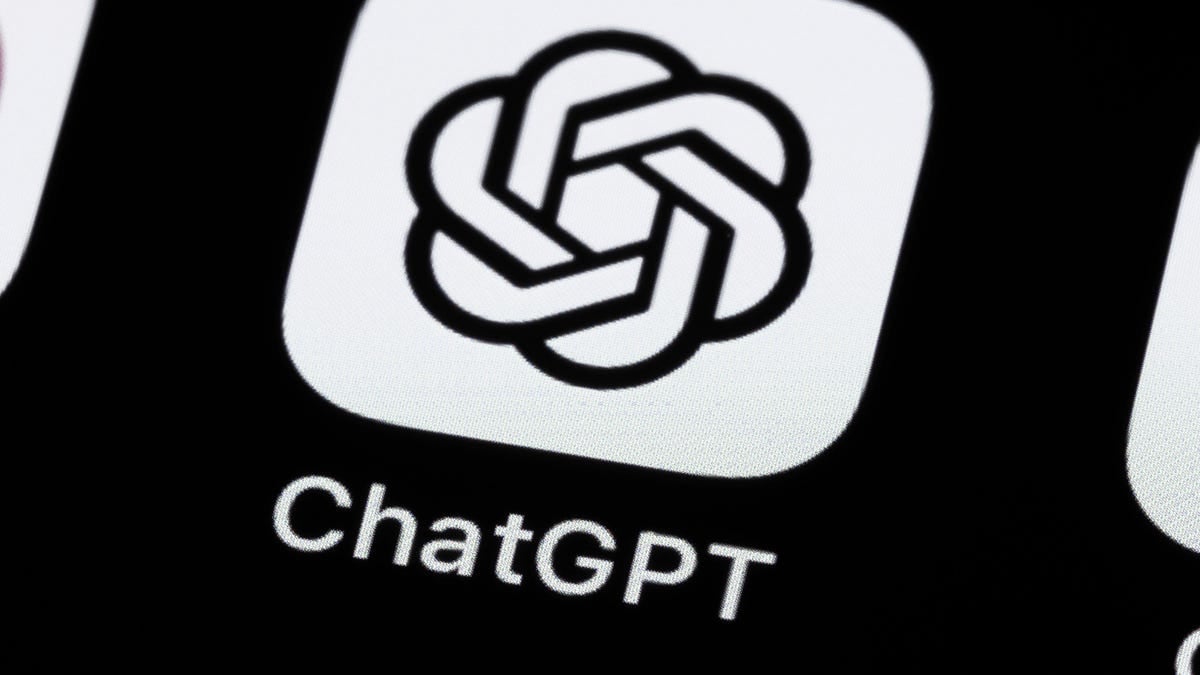The research from Purdue University, first spotted by news outlet Futurism, was presented earlier this month at the Computer-Human Interaction Conference in Hawaii and looked at 517 programming questions on Stack Overflow that were then fed to ChatGPT.
“Our analysis shows that 52% of ChatGPT answers contain incorrect information and 77% are verbose,” the new study explained. “Nonetheless, our user study participants still preferred ChatGPT answers 35% of the time due to their comprehensiveness and well-articulated language style.”
Disturbingly, programmers in the study didn’t always catch the mistakes being produced by the AI chatbot.
“However, they also overlooked the misinformation in the ChatGPT answers 39% of the time,” according to the study. “This implies the need to counter misinformation in ChatGPT answers to programming questions and raise awareness of the risks associated with seemingly correct answers.”



I’m very familiar with what LLMs do.
You’re misunderstanding what copilot does. It just completes a line or section of code. It doesn’t answer questions - it just continues a pattern. Sometimes quite intelligently.
Shoot me a message on discord and I’ll do a screenshare for you. #locuester
It has improved my quality and speed significantly. More so than any other feature since intellisense was introduced (which many back then also frowned upon).
Fair enough, and thanks for the offer. I found a demo on YouTube. It does indeed look a lot more reasonable than having an LLM actually write the code.
I’m one of the people that don’t use IntelliSense, so it’s probably not for me, but I can definitely see why people find that particular implementation useful. Thanks for catching and correcting my misunderstanding. :)